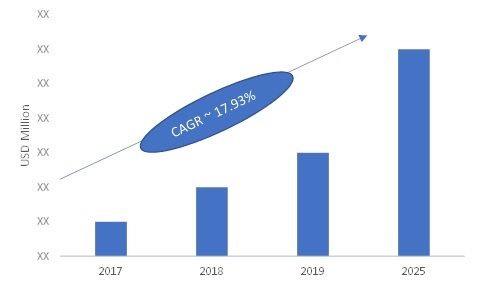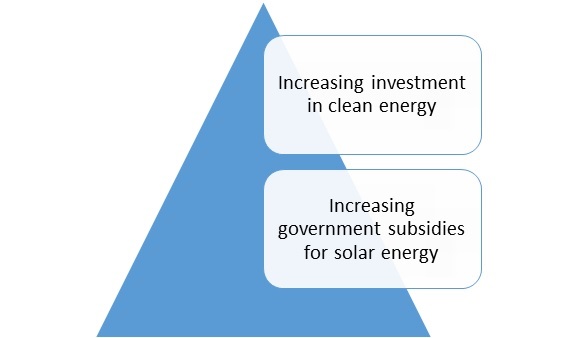Pune, India, July 2020, MRFR Press Release/- Market Research Future has published a Half-Cooked Research Report on the Global Bifacial Solar Market.
Bifacial Solar Market Report Highlights
Global Bifacial Solar Market is expected to grow at a CAGR of 12.93% during the forecast period 2025–2035. Bifacial solar modules have solar cells on the front and back of the panel. A bifacial solar module works best with the ground-mount installation. The top of each solar module in a bifacial solar unit is covered in protective glass. The bifacial solar cells are more efficient as the solar tracking system tilts solar cells continuously towards the sun.
Browse In-depth Details [Table of Content, List of Figures, List of Tables] of Bifacial Solar Market Research Report
Global Bifacial Solar Market, 2025–2035
In 2019, Asia Pacific dominated the global bifacial solar market in terms of share: MRFR
The global bifacial solar market has been segmented into five regions, namely, Asia-Pacific, the Middle East & Africa, Europe, North America, and South America. Asia-Pacific is expected to hold the largest share of the market during the forecast period. This is primarily because countries in the region are extensively focused on developing renewable energy sources and are investing in the field of solar energy, especially India, China, and a few South Asian countries. In Asia-Pacific, China held the largest market share in 2018 due to the extensive government support to renewable energy development. While the bifacial solar market is expected to grow at the fastest CAGR in India and China during the review period due to the high installed base of solar panels. In North America, the US held the largest share in the market and is expected to grow at the fastest CAGR during the forecast period, due to the research and development going on in the US for bifacial solar. However, bifacial solar production is currently low in the US. In March 2020, the National Renewable Energy Laboratory (NREL) commenced a study on bifacial performance and will be starting test installations in Colorado. In Europe, Germany and the Netherlands held the largest market shares in 2019. The regional market is projected to grow at the fastest rate during the forecast period, primarily due to the increasing demand for solar installation. In July 2017, Europe’s largest PV installation with bifacial solar was completed in the Netherlands with 1,428 bifacial solar modules. In the Middle East & Africa, the UAE is expected to be one of the leading markets for bifacial solar modules.
The global bifacial solar market has been segmented based on cell, type, and end use. Based on cell, the global market is divided into heterojunction cell and passivated emitter rear cell. The passivated emitter real cell segment is expected to hold the larger share of the market and grow at the faster rate during the forecast period. Based on type, the global market is segmented into framed and frameless. The framed segment is estimated to grow at the faster rate during the forecast period due to the comparatively easy installation. Based on end use, the global bifacial solar market has been divided into commercial, residential, and industrial. The commercial segment is expected to hold the largest share within the global bifacial solar market during the forecast period.
Global Bifacial Solar Market is bifacial solar expected to grow at 16.82% CAGR during the forecast period.
Drivers
Scope of the Report
This report provides an in-depth analysis of the global bifacial solar market, tracking three market segments across five geographic regions. The report studies key players, providing a five-year annual trend analysis that highlights the market size and share for North America, Europe, Asia-Pacific, South America, and the Middle East & Africa. The report also presents a forecast, focusing on the market opportunities for the next five years for each region. The scope of the study segments the global bifacial solar market by cell, type, end-use, and region.
-
Cell- Heterojunction cell
- Passivated emitter rear cell
-
Type- Framed
- Frameless
-
End-Use- Commercial
- Residential
- Industrial
-
By Region- North America
- Asia-Pacific
- Europe
- Middle East & Africa
- South America
Key Players
The Key Players operating in the Global Bifacial Solar Market are bSolar, SolarWorld (Germany), LG Electronics (South Korea), MegaCell (Thailand), Neo Solar Power (Taiwan), Panasonic (Japan), Prism Solar (US), PVHardware (US), Yingli Green Energy (China), LONGi, Lumos Solar (China), Silfab (Canada), Sunpreme (US) and Trina Solar China).